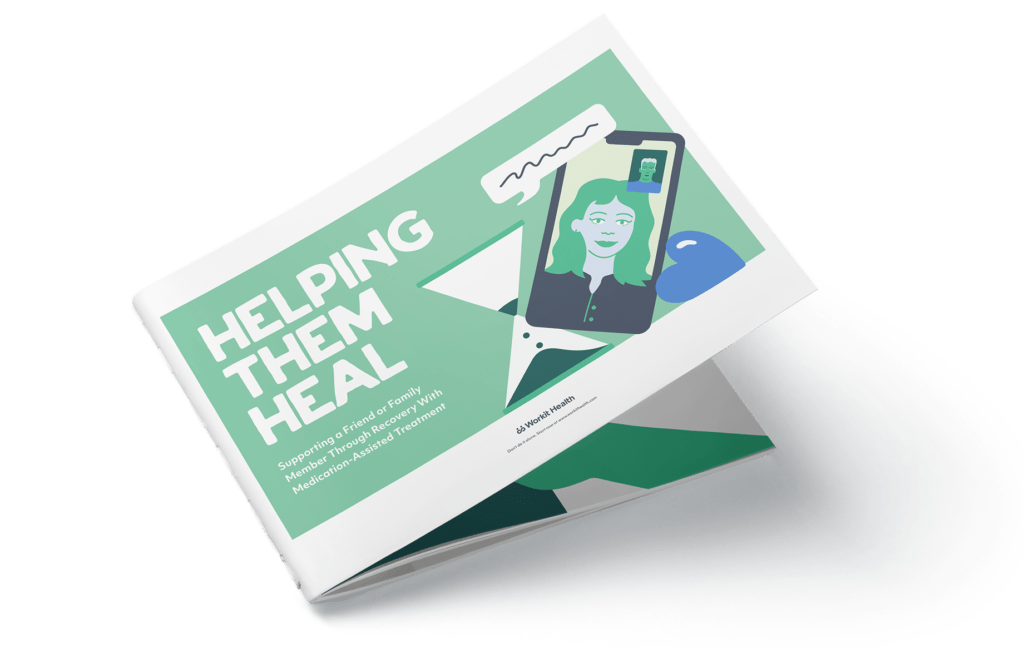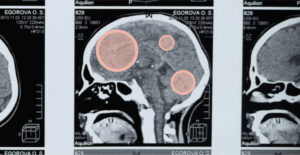
Take a Closer Look at Your Drinking
Alcohol Awareness Month encourages us to be mindful of how we drink and to educate people about the facts around alcohol.


Alaine Sepulveda is a content strategist in recovery from alcohol. She believes that engaging people and sharing stories with them allows us to spread knowledge, and to help others in the path to recovery. She holds an MA in Communication Studies from New Mexico State University.

Alcohol Awareness Month encourages us to be mindful of how we drink and to educate people about the facts around alcohol.

We experience several different kinds of cravings for drugs and alcohol. Identifying which category they fall into can help you combat them.

With Spring Break upon us, here’s what you should know about dry tripping, the growing trend of alcohol-free travel.

Here’s what you need to do to get ready to begin Suboxone (buprenorphine/naloxone) induction for opioid use disorder.

Giving up alcohol is a popular Lenten sacrifice. Here are some tips and considerations to help you make it from Ash Wednesday to Easter without drinking.

Does Suboxone make you tired? Here’s a look at why it might, how to cope, and when to talk to your doctor about it.

Alcohol affects brain chemistry, so it’s no wonder that many use it when they’re feeling down. But how does alcohol really affect depression?

Enjoying the Super Bowl without drinking or drugs takes planning, especially in early recovery. Here are tips to get through the big game.

Stress and anxiety can be difficult for everyone, but pose special challenges for people in addiction recovery. Here are three simple grounding techniques to try when your thoughts spiral.

Your recovery toolkit is made of practices and strategies that support your recovery. Here are some more recovery tools to add to your toolkit.

If drinking alone is bad, why do people do it anyway? Alaine dives into the reasoning behind why people drink alone.

Are you wavering on whether or not to do Dry January this year? There are so many reasons to give it a try. Here are

Seeking help for opioid or alcohol use disorder in New Mexico? Here are answers about finding treatment in the Land of Enchantment.

A lot of people with hepatitis C worry about the effect of medication on their liver. But Suboxone can be safe for those with hepatitis C.

Tapering down alcohol consumption (rather than stopping cold turkey) can reduce withdrawal symptoms and help stabilize early recovery. Let’s talk about this process.

Caring about a person with a substance use disorder can be hard, but there are things you can do to encourage a loved one to seek help.
👉 Using insurance? Coverage checks are always for free in the Workit Health app.
This site uses cookies to improve your experience. By using this site, you consent to our use of cookies.